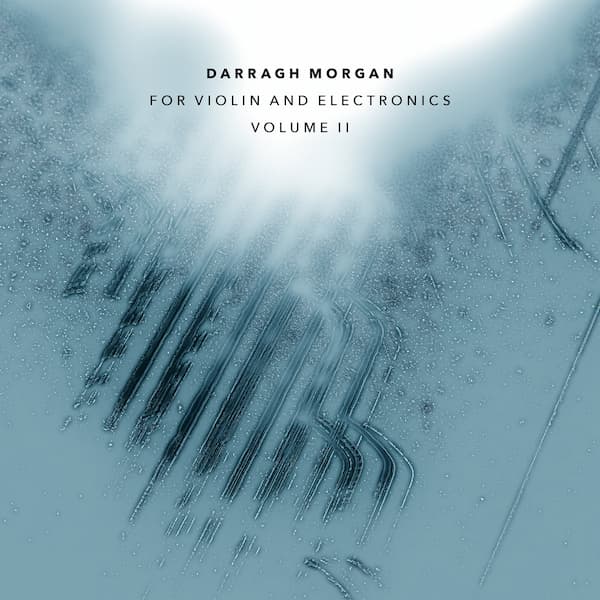J.S. Bach’s Well-Tempered Clavier is regarded as one of the most significant cornerstones of the keyboard repertoire and is one of the greatest edifices of Baroque repertoire, beloved by musicians, students and audiences alike.
Often referred to simply as “the 48”, Bach wrote a prelude and an accompanying fugue for each of the major and minor keys. The purpose was to demonstrate a new system of keyboard tuning called equal temperament, which divided the octave into 12 equal half-steps.
Although selections from the 48 regularly appear in piano exam repertoire, the pieces require intellectual and technical rigour, and are artistically challenging. An additional challenge lies in the fact that this music is incredibly well known, much recorded and performed and therefore comes with a whole heap of baggage regarding interpretation and presentation. Purists believe no keyboard music by Bach should ever go near a modern piano, while others adhere to a strict “right way” to play this music.

© Odradek Records
Of course, there is no “right way” to play any music – and while Bach’s writing is intricate and finely-crafted, it allows the performer great flexibility in their interpretative choices. Thus, each player can bring something new to this music.
J.S. Bach: The Well-Tempered Clavier – Prelude No. 1 in C Major, BWV 870 (Daniel Martyn Lewis, piano)
The Welsh-Australian pianist Daniel Martyn Lewis shows no fear from the gatekeepers and purists in his release of Book II of the Well-Tempered Clavier. Played on a modern piano whose rich, resonant yet transparent tone lends a sonorous gravitas to the opening notes of the Prelude in C, Lewis reveals and revels in the details of this music, with a clear sense of the contrapuntal textures (he studied with harpsichordist David Ponsford) and the overall architecture of this music. Lewis displays a real appreciation of the emotional impact of the music, especially in the minor-key Preludes and Fugues. It is in the minor key that he really demonstrates his affinity with Bach’s music with sensitive shaping of lines and careful attention to inner voices.

Daniel Martyn-Lewis © Benjamin Ealovega
This is very much not dry, mathematical Bach-playing; nor is it overly romantic, and as a result, there is much to enjoy in this recording, with an impressive variety of mood, style and drama throughout the individual pieces, providing an album rich in contrasts and eloquence of expression, which fully demonstrates the genius and joyfulness of Bach’s writing and Lewis’s obvious deep affection for this music.
For more of the best in classical music, sign up to our E-Newsletter
J.S. Bach: The Well-Tempered Clavier – Prelude No. 12 in F Minor, BWV 881 (Daniel Martyn Lewis, piano)
J.S. Bach: The Well-Tempered Clavier – Prelude No. 12 in F Minor, BWV 881 (Daniel Martyn Lewis, piano)




